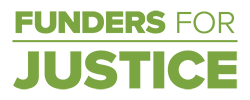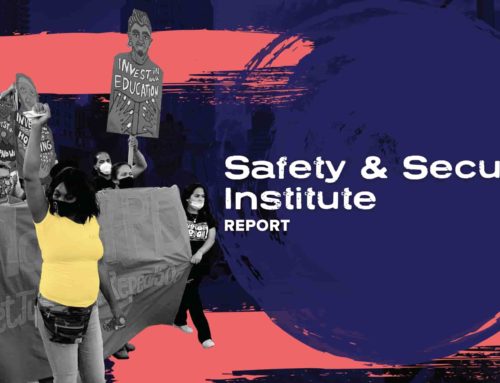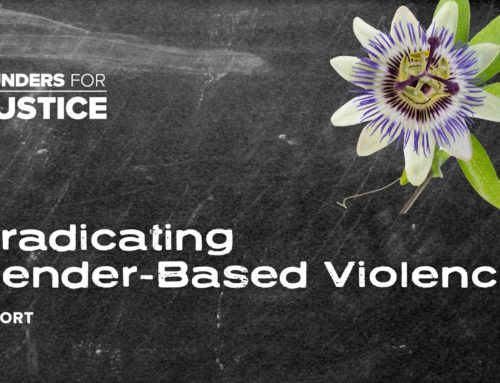By Carrie Sloan and Johnaé Strong
March 11, 2016 – The Nation
Mayor Rahm Emanuel, State’s Attorney Anita Alvarez, and the Chicago Police Department are under intense scrutiny for covering up the murder of Laquan McDonald, the unarmed Black 17-year-old who was shot 16 times by a police officer in October 2014, just four months before Chicago’s mayoral election. As part of this cover-up, the City of Chicago paid McDonald’s family $5 million if they agreed not to publicly share the video of the murder. But the McDonald settlement was just a drop in the bucket: Chicago has spent $642 million on police-related legal claims since 2004.
Take the case of Chicago detective Dante Servin, for example. The family of Rekia Boyd, a 22-year-old Black woman gunned down by Servin, was awarded $4.5 million in a civil settlement. However, despite relentless organizing that led to the rare recommendations from the Independent Police Review Authority (IPRA) and then-police superintendent Garry McCarthy to terminate Servin, the Chicago Police Board still refuses to do so. The city’s practice of paying families of police violence for impunity has high social and fiscal costs and must change.
“Hush money” settlements like the one offered to McDonald’s family put victims of police violence and their families in a terrible position. They allow violent police officers to stay hidden and keep their jobs, where they are free to offend again, and let police departments avoid the public scrutiny that would force them to change-. public scrutiny like that surrounding the legacy of Jon Burge, former Area 2 Commander, who tortured black victims across a span of twenty years. It is important to note that this current landscape of police abuse is embedded in the Chicago police culture.
Settlement generally come out of city budgets, not police budgets, and in Chicago these payouts compound the city’s financial distress, leaving less money for public services and forcing cuts. It is important to note that the settlement figures that are publicly available only account for the harm the city has admitted to, and does not include the legal fees and court costs, which could drive the totals even higher. The more than half a billion dollars Chicago has paid in the last 12 years could have funded 5 new state of the art high schools, 33 new libraries or countless mental health facilities and community development programs.
Cities like Chicago often cannot afford to pay these settlements and are forced to borrow money using bonds. These police brutality bonds become a vehicle for transferring wealth from communities of color to banks and wealthy investors…
Read the full article in The Nation.


